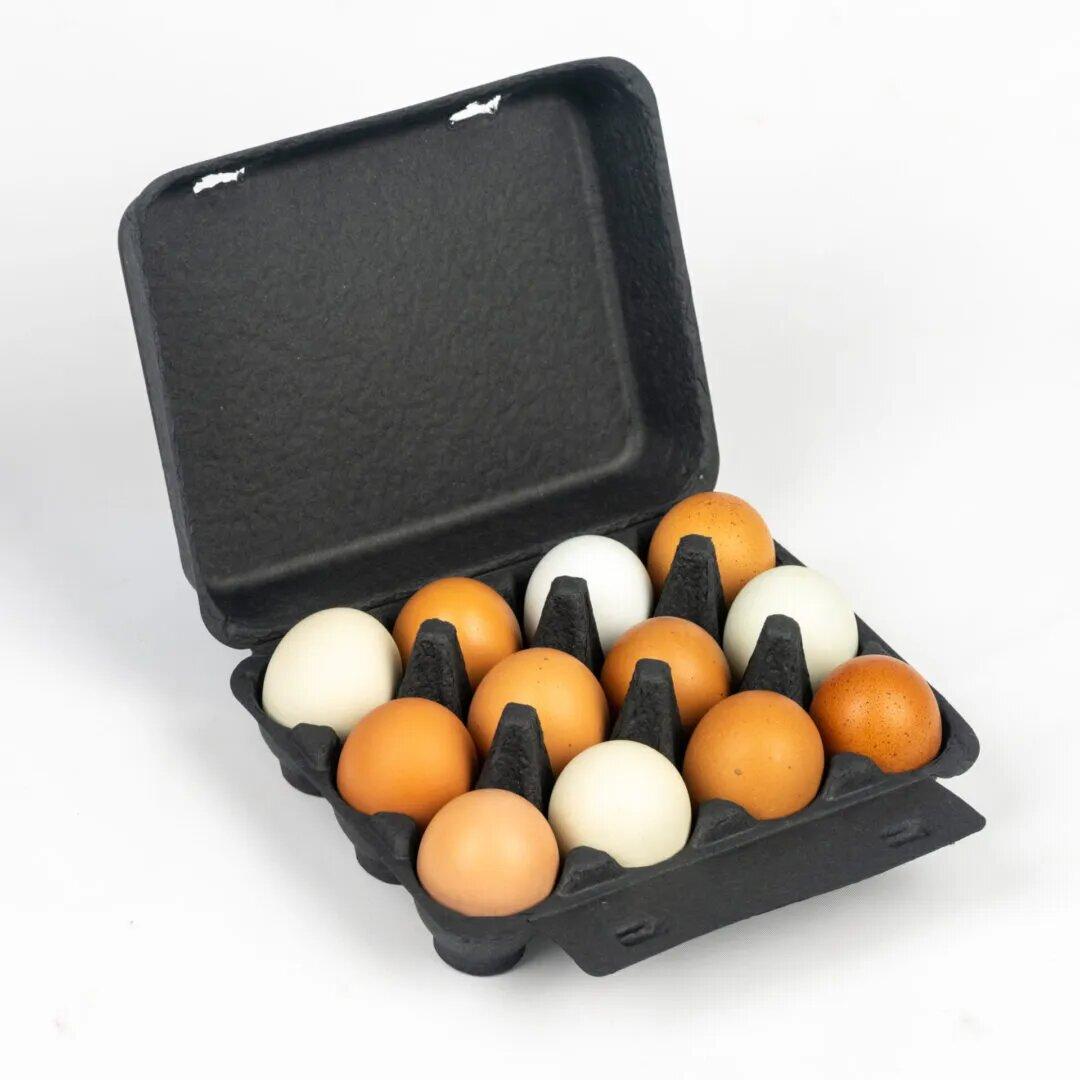Using paper egg cartons can be a more environmentally friendly option compared to foam or plastic egg cartons in some cases, but it's essential to consider the full life cycle and specific circumstances to determine the best choice. Here are some factors to consider:
Material Sourcing: Paper cartons are often made from renewable resources like wood pulp, which can be more sustainable than non-renewable resources used for foam or plastic cartons. However, it's essential to ensure that the paper comes from responsibly managed forests.
Production and Energy Use: The manufacturing process for paper cartons may require less energy and generate fewer greenhouse gas emissions compared to foam or plastic cartons. However, the environmental impact can vary depending on the production methods and energy sources used.
Transportation: The weight and size of egg cartons can impact transportation emissions. Paper cartons are typically lighter than foam or plastic cartons, potentially reducing transportation-related emissions if they are transported over long distances.
End-of-Life Disposal: Paper cartons are biodegradable and can break down more easily in landfills compared to foam or plastic cartons, which can persist in the environment for a long time. However, recycling options for paper cartons can vary by location, and not all paper cartons are recyclable in every recycling program.

